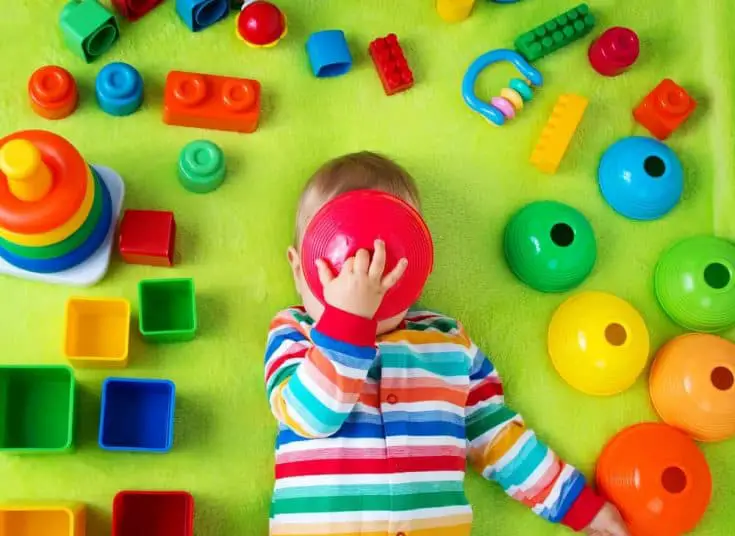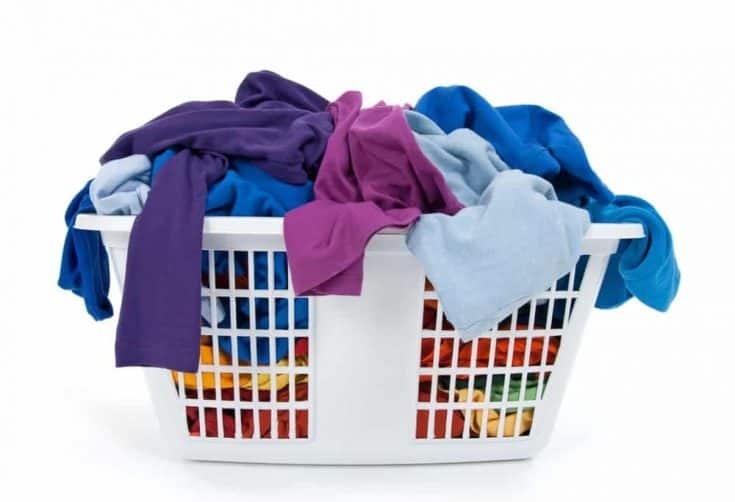Am I the only mom who wants to teach my kids to be good stewards? One stewardship law that I have witnessed is that the less we have, the more careful we are with it.
Have you ever noticed this truth at work in your life? You might be generous with your toothpaste at the beginning, but then at the end, you squeeze every last drop out of the tube.
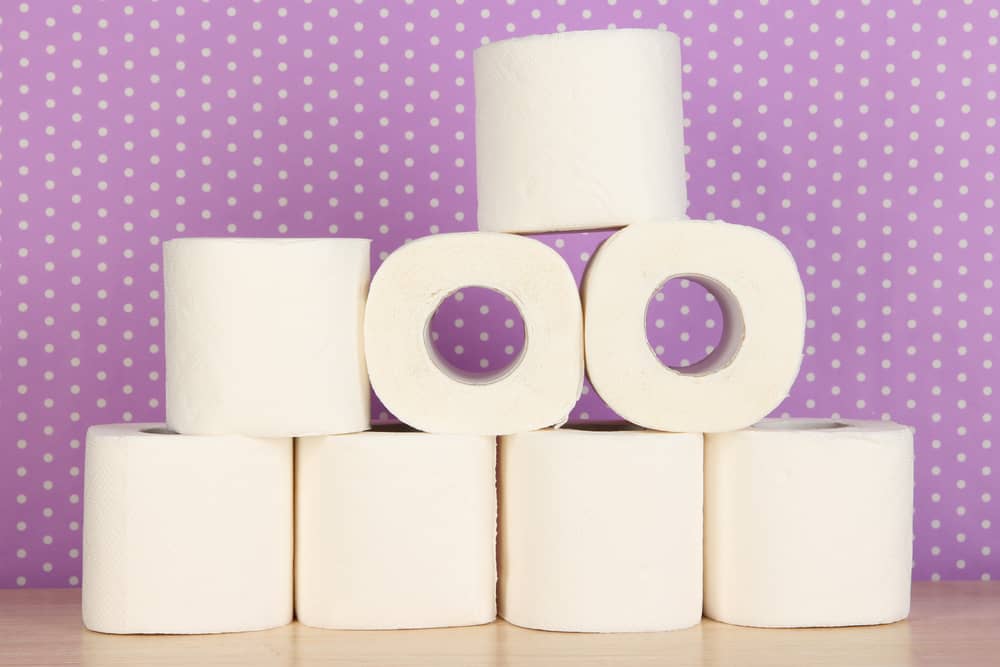
When the fridge is full, the oldest leftovers are often overlooked in favor of newer options. When we have a lot of food, we are more likely to throw food in the trash.
When we have the last of something in the house, we are more likely to savor every last bit of it.
This stewardship phenomenon has a name – Parkinson’s Law. Attributed to C. Northcote Parkinson, a British historian and writer, the law was first applied to the growth of government bureaucracies.
He noted that even when an organization’s word did not expand, the number of workers needed to do the work did. His insight into time management was that “work expands so as to fill the time available for its completion.”
Parkinson’s Law can be readily applied to our lives as mothers. Do your kids wear fewer clothes on vacation than at home? Mine do.
They have access to fewer clothes, and so they are more careful with how they use them. Learning how to harness it in our homes can save us money, time, and energy.
Related Post: 7 Smart Laundry Hacks to Reduce Your Laundry [Biblically]
Teach Good Stewardship to Stretch Your Budget!
Scarcity encourages us to be good stewards. When the levels are low – we squeeze the toothpaste, we turn the ketchup upside down, and we ration the toilet paper. When these things are in abundance, we tend to use them more freely – especially when we are not the ones paying for them.

In an effort to save money, most families try to buy in bulk. However, I have observed that we don’t end of saving as much money as I would have hoped.
When I heard about Parkinson’s Law, I had an epiphany. I realized that buying in bulk doesn’t always save money because there is a sense of abundance.
Of course, I am a thrifty mom who wants the best of both worlds. How do I have the convenience and savings of buying in bulk but still teach my kids to be good stewards with a small amount?
Hide Your Stash!
Hide your stash! Out of sight, out of mind. If you open the bathroom closet and there is an abundance of toilet paper, why not roll some down the hall.
You need to hide your stash of extras from the eyes of your family. Remember that scarcity is what usually inspires us to use what we have more wisely.
Stash your extras in a place where they are not seen regularly. Perhaps it is a cabinet in the garage or in the back of a closet. Create a for mom’s eyes-only area for you to “shop” from each month.
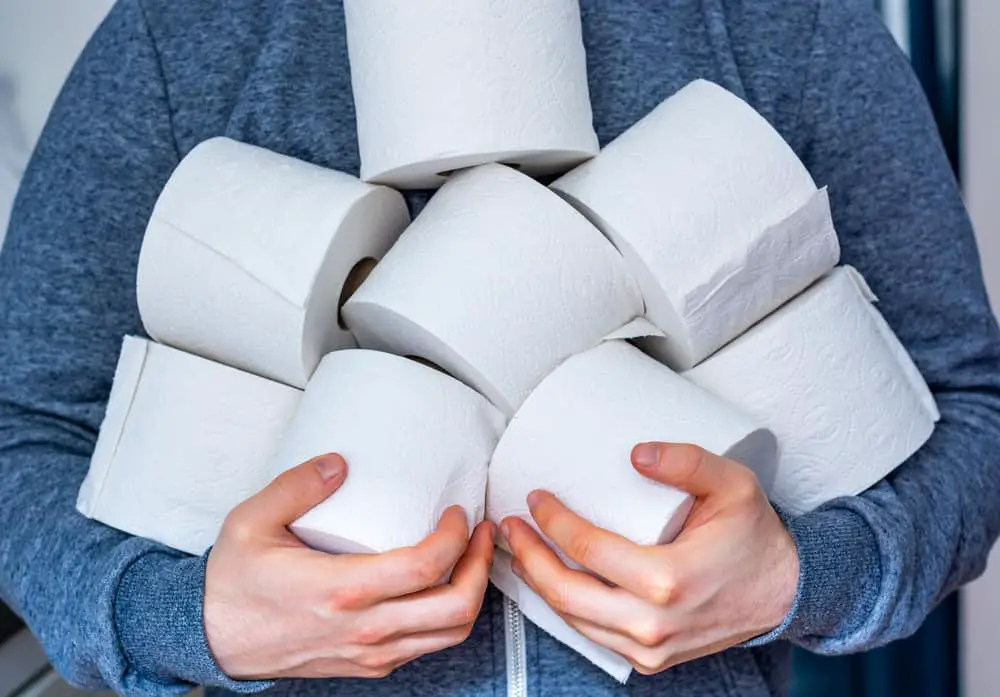
Label Your Stash!
Label your stash! Assign each item a month when it to be used.
Help your child pace themselves by assigning a date for when that item can be replaced.
Label the toothpaste with a date 2 months out so that your child knows that is how long it is supposed to last.
Limit the Stash!
Limit the Stash! Transfer from a large bottle into a smaller container. This gives the illusion of scarcity!
Intentionally teach your child how much to use. Do you know how much toothpaste you are supposed to use? Or, how about shampoo? Or, that conditioner is only for the tips of your hair?
The creators of the products we use aren’t going to tell us how little of their product we actually have to use to get our desired effect. Train your child to use small amounts.
Make savings a game. How long can you make your shampoo last? Can you outlast Mom? (I don’t recommend this with toothpaste and boys. You will lose Mom, and the dentist will win.)
Teach Your Kids to Be Good Stewards of Time

If you give your children notice that we will leave in the house in twenty minutes, have you ever observed that they play for twenty minutes and then scramble to get ready? If we tell them that there are fifteen minutes left at the party, that we don’t actually leave until 30 minutes?
How can we use Parkinson’s Law to our advantage with our family’s time? How can we be more efficient? How could we maybe, just possibly, be ON TIME?
Build in a Time Cushion, but Don’t Tell Your Kids
Remember that the belief in scarcity is what motivates us to use our resources more wisely. Parkinson’s law applied to time management tells that the activity will grow to fill the time allotted for it.
Ironically, some will say that we can get more done in less time if we just slash the time available for it. The key is to tell your kids, and yourself if necessary, that there is less time available.
Want to leave in 20 minutes, tell your children that you need to leave in 10 minutes. Then, leave.

Set a Deadline with Rewards and Consequences
If scarcity teaches our kids to be good stewards, then we need to set deadlines. These deadlines need to have meaningful with rewards and consequences.
For example, the first kid completely ready to go and buckled in their car seat – gets a piece of chocolate. Note not all the children, but the first. Lead from the front by setting your deadline.
Enforce your deadline with reward but also with consequences. In the process of teaching our kids to be good stewards, we also need to teach them there are consequences for wasting time as well.
I was a counselor at church camp one year for the elementary girls. The other adult female chaperone and I had a room downstairs, with the girls upstairs. It was after lights out, and they still had plenty of energy and were moving about in their room.
On the other hand, we adults were exhausted. I calmly told the girls that for every fifteen minutes they kept me awake, then they would lose fifteen minutes of their free time the next afternoon. It was magic. They were asleep fast, and so was I!
Break it Down into Small Chunks
Sometimes activities can take much too long because we are overwhelmed with what we want to get done. Because we are unsure what the next step is, we waste time floundering around.
Our children do not have the executive functioning skills that we have acquired. These are skills that are supposed to develop during those teenage years. They need help knowing how to break a big job down into manageable steps and executing those tasks.

Clean up your room. How many times have we as parents asked this of our kids? And, how many times have we checked on them to find very little progress?
Instead, we need to identify five key tasks that need to happen. Assign your child the first task, perhaps picking up all the dirty clothes. Then, give them a deadline. You have 2 minutes to pick up all the dirty clothes.
Then, come back and give them another specific task and deadline. “You have 5 minutes to get all the clothes put away.” Your children will get more done, you won’t get frustrated and do it for them, and it will get done so you can move on with your day.
Practice Good Stewardship of Time: Yours and Theirs
Families today are so busy. We just talk about ways to squeeze more out of our time.
On the flip side, we also just need to cut things out of our day. Rushing and rushing until life is not fun is not a faithful way to live.
Build in margin for your family! Mom, you do not have to keep up with the Joneses. You can do all the things with your kids and be stressed and angry. Or you can do half the activities, and enjoy your life and your kids.

Remember the idea that the less you have, the more careful you are with it. The fewer activities your children are in, the more they are going to enjoy those activities.
The more things that our kids are involved in, the less likely they will be to appreciate the financial and time investment required.
Moms are Called to Good Stewardship Too
As Moms, we need to be good stewards of our kids. Our job is not to be their taxi driver but to be their mother. Our job is not to be their maid but to be their mother.
We are training their hearts and their minds. It is through a relationship with plenty of quality and quantity time that we can teach our children to be good stewards of all that God has given them.
Faithful motherhood is one area where God turns Parkinson’s Law on its head. The more we love, the more love grows. The more we seek after God, the more we will see Him.
We need to teach our kids to be good stewards, because the better stewards we are with what God has entrusted to us – the more God will entrust to us. We also teach our kids to be good stewards, because we want them to appreciate that all that they have comes from God.
“His master said to him, ‘Well done, good and faithful slave. You were faithful with a few things, I will put you in charge of many things; enter into the joy of your master.’ Matthew 25:23
In a world that is driven to distraction and consumption, we must intentionally teach our kids to be good stewards. We need to teach our kids to be good stewards of their resources, time, and energy – wisely and faithfully.
Now if I could only figure out the perfect consequence to get my teenage daughter in the car on time…. Any suggestions?
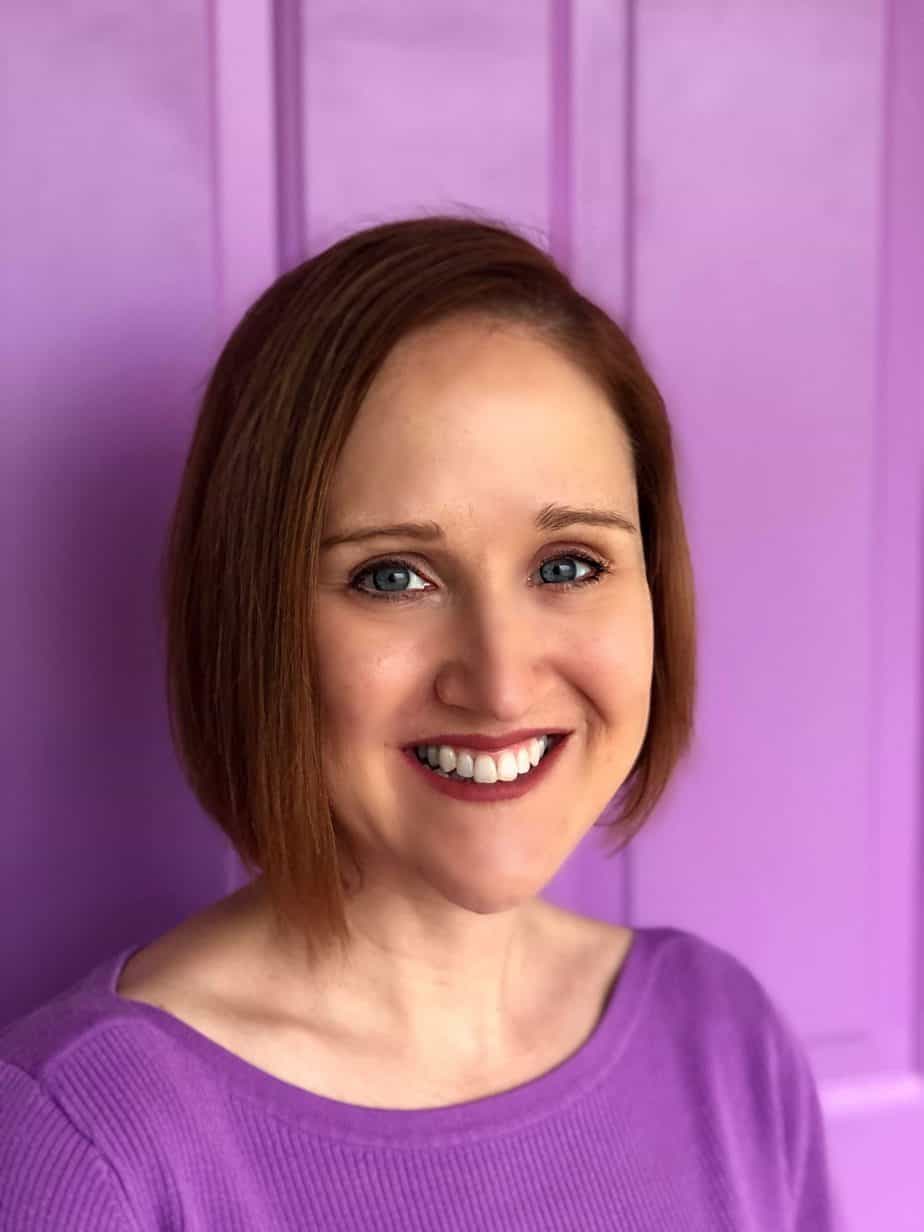
The voice behind FaithfulMotherhood.com is Jyn. She is a veteran homeschool mom of three. More than just a pastor’s wife, she holds a Master of Divinity degree and has served in church leadership for over 20 years. Her passion is equipping parents to live out their calling as the number one faith influencer for their children. She longs to see moms empowered by God’s Word and transferring that love to their children through daily Bible study and family devotions.



